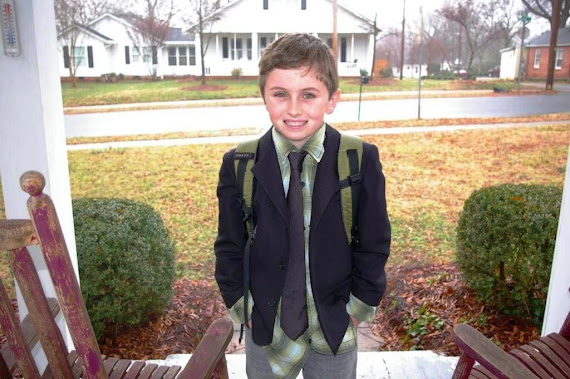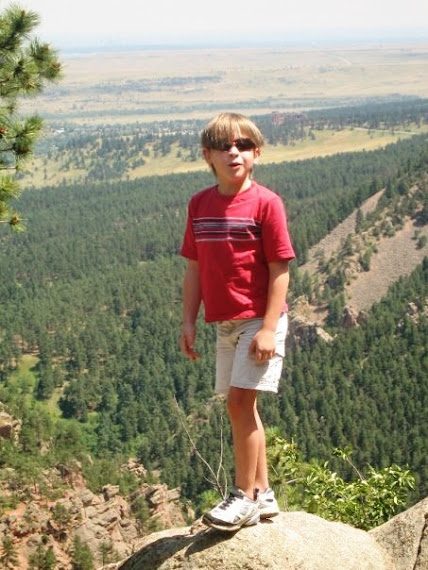Islamic Non-Violence: The Legacy of Badshah Khan
Thanks to Rosemary for forwarding me that quote just as I was questioning why I was bothering to go to yet another meeting of the Charlotte-Mecklenburg Community Relations Committee. (Rosemary, reads, forwards good stuff and surfs the Internet even more hours a day than I do) So in my pleasure of having "nothing better to do" I went to the meeting, then came home and explored. Here's what I learned and feel compelled to blog about before we head back home to Indiana. We'll get to spend quality time with Satchwills, Kriders, friends and maybe get to go to the St. Lawrence Church festival. Summer festivals at the chruch where I was baptized, married and was expelled for the day from St. Lawrence School's 4th grade might be the ultimate "I was raised Catholic but I rarely go to Mass any more" experience for guilt tripping, bingo, fried foods & good times! So back to blogging and pondering...
Working alongside Gandhi to liberate South Asia from British colonial rule, Badshah Khan (affectionately known as the "Frontier Gandhi") spent his 98-year life proving that the highest religious values of Islam are deeply compatible with nonviolent conflict resolution, even against heavy odds. From the tribal Pushtuns, Khan assembled the world's first and largest non-violent army in the 1930s, the 100,000-strong Khudai Hidmatgars ("servants of God"). "I cited chapter and verse from the Koran to show the great emphasis that Islam had laid on peace," said Khan of his discussion with a skeptical Muslim. "I also showed to him how the greatest figures in Islamic history were known more for their forbearance and self-restraint than for their fierceness. The reply rendered him speechless." Could Badshah Khan's tactics work in modern-day conflicts in the Muslim world - Palestine, Kashmir, or Chechnya? Perhaps nonviolence isn't relevant in an age of smart bombs and cruise missiles, but the answer won't be certain unless someone tries it. Read more here: http://www.altmuslim.com/a/1590/
Additional ponderings on the subject of my history of anger, frustration, celebration and personal righteous indignation with my Catholic religious heritage.
I was thrilled at the term "congregation" used to describe the 20,000+ millions gathered to celebrate the music, dance, songwriting and smiles that Michael Jackson held dear for his own and children of the world.
Eva Staub Satchwill once said, "Oh yeah, I'm from Switzerland, but I'm hardly neutral!" Her husband, Bob, has long been more Swiss, I think, than American and makes me most proud when he stands up for his beliefs--that have nothing to do with organized religion and everything to do with peace, love & happiness! So I thought of Eva immediately when I read Sister Joan Chittister's column on a meeting of TED held in my favorite European country, Swizerland:
"They were Islamic scholars, a Hindu and a Christian nun, a Christian bishop and an ordained clergywoman, Jewish rabbis and even a Grand Mufti from Egypt. And what happened? At the end of the day, they all discovered that their separate religions had formed them well. Compassion, they agreed, is the universal in each of our faiths, the glue meant to hold the world together."
"Compassion, the Council said, is not pity since pity assumes superiority. Compassion is not an idea, it is an action that lifts the burden of the other because the other is of us. It is the determination to end the suffering of the other by spending oneself to do it. Compassion is fundamental to every faith and more urgently needed now more than ever. When whole people can be held hostage to robotized weapons of war and the kinds of "religious commitment" that makes the slaughter of innocents a holy act, compassion is needed."
"It is the function of churches to form the consciences of their members who seek to lead moral lives in their societies, rather than to take political sides against particular politicians or political systems." Joan Chittister on Mar. 05, 2009 From Where I Stand
To read more: TED a program launched in 1984 for the collection and pursuit of new ideas in science, business and the arts. (TED stands for Technology, Entertainment, Design.) The meeting referenced was Feb. 26, 2009. Links from atheism to Bill Gates, humorist Julia Sweeney and so many more thinkers and doers can be found free by finding TED online. Now I have to get OFF this computer and get packing.





